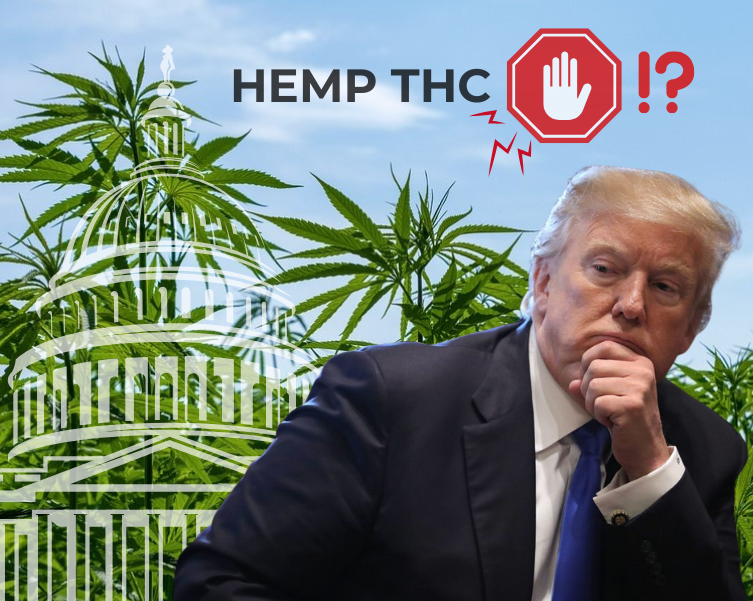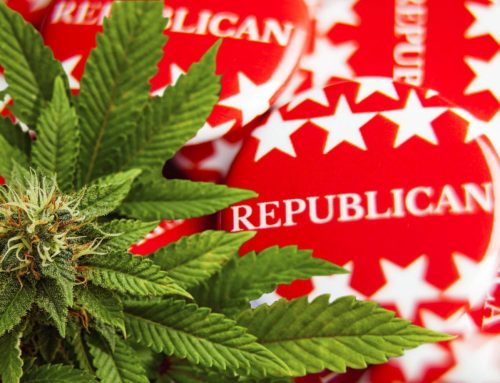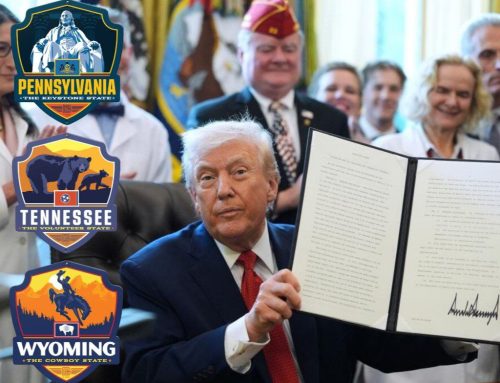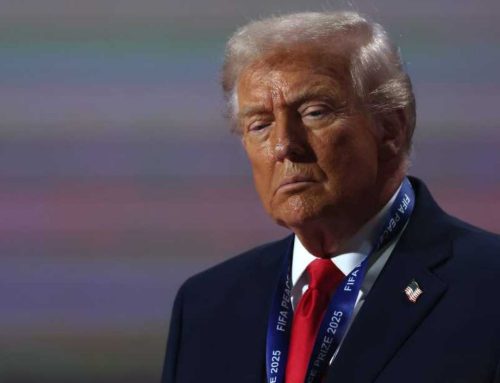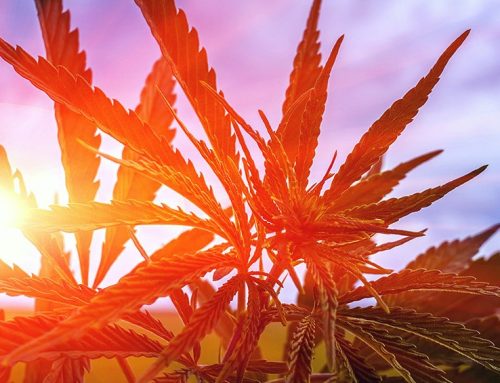Senate Spending Package Eyes Hemp THC Crackdown as Shutdown Continues, Trump Backs Restrictions
WASHINGTON – A bipartisan spending package drafted to end the nation’s longest government shutdown now includes a provision that would sharply curtail sales of hemp-derived THC products, garnering White House endorsement and fierce opposition from industry advocates.
The measure, advanced and failed by the Senate on a 76-24 vote Monday, sets a federal cap of 0.4 milligrams of total THC per product, a threshold that would outlaw most Delta-8 gummies, THC-infused beverages and other items now common in convenience stores and online retailers. Tucked into funding for the Department of Agriculture, the language redefines legal hemp to exclude intoxicating derivatives, preserving non-psychoactive CBD and industrial uses while targeting what critics call a regulatory gap [loophole] from the 2018 Farm Bill.
That bill, signed by then-President Donald Trump, removed hemp from the controlled substances list and permitted plants with up to 0.3% Delta-9 THC on a dry-weight basis. What followed was a boom in processed hemp products exploiting conversion techniques to amplify their potency, fueling a $28-35 billion market and more than 300,000 jobs. Proponents of the ban, including Senate Agriculture Chair Debbie Stabenow (D-Mich.) and former Majority Leader Mitch McConnell (R-Ky.), argue it addresses public health risks from unregulated sales to minors and lacks safety testing. “This keeps dangerous products out of the hands of children while preserving the hemp industry for farmers,” Stabenow said ahead of the vote.
A White House official confirmed that Trump supports the provision, aligning with his broader reservations about recreational Cannabis despite campaign pledges to back its rescheduling. The endorsement comes as the bill heads to the House, where passage could end the current 41-day shutdown by week’s end and send it to Trump’s desk for signature. Yet the move underscores a tension in federal policy. The same administration that legalized hemp now seeks to contain its most potent offshoots, potentially handing traditional alcohol makers a competitive edge. Major brewers and distillers lobbied aggressively for the restrictions, citing threats from THC seltzers to their shelf space.
Opposition has been fierce. Sen. Rand Paul (R-Ky.) offered an amendment to strip the language, warning it would “devastate” Kentucky’s 114 licensed growers [104 of whom focus on consumables] and betray the Farm Bill’s intent. Rep. Thomas Massie (R-Ky.), a fellow skeptic, called the tactics “detestable,” pointing to months of quiet negotiations that sidelined hemp voices. Hemp coalitions, including the U.S. Hemp Roundtable, decry the cap as arbitrary, noting it ignores established testing standards and could shutter small businesses overnight. Even some major MSOs [like Jushi, Curaleaf, and Green Thumb Industries] favor closure of the “gray market” to level the field for state-regulated sales.
The debate reveals fault lines in the $35-45 billion recreational Cannabis sector. On one hand, the ban could consolidate power among vertically integrated players in legal adult-use markets, now spanning 24 states, by eliminating cheap, contaminated, and unregulated alternatives. Analytics suggest hemp THC’s low-barrier entry has undercut dispensary pricing, with Delta-8 products often retailing at half the cost of state-taxed Cannabis equivalents. A crackdown might stabilize revenues for fair trade companies but risks alienating consumers who view hemp-derived THC as a substitute or alternative to alcohol, particularly in prohibition states, of which there are still 26.
Critics, however, see political calculus at play. With alcohol Political Action Committees (PACs) contributing millions to key senators in the 2024 cycle, per OpenSecrets data, the provision smells of influence peddling, not consumer protection. Paul’s Hemp Economic Mobilization Plan (HEMP) Act, introduced in June to raise the THC threshold to 1% and streamline rules, offers a middle path that regulators and farmers alike have praised as pragmatic. Absent compromise, the rush to legislate amid shutdown fatigue could set a precedent for hasty reforms [in hemp, Cannabis, and beyond], where emerging markets face similar scrutiny.
As the House weighs in, the hemp provision tests Washington’s appetite for precision in plant policy. For an industry built on federal ambiguity, this step toward clarity [however blunt] signals that unchecked innovation may yield to calls for control. Stakeholders should brace for ripple effects: tighter borders between hemp and Cannabis could hasten full federal legalization talks, but only if Congress learns to balance farmer livelihoods with fiscal deadlines.











